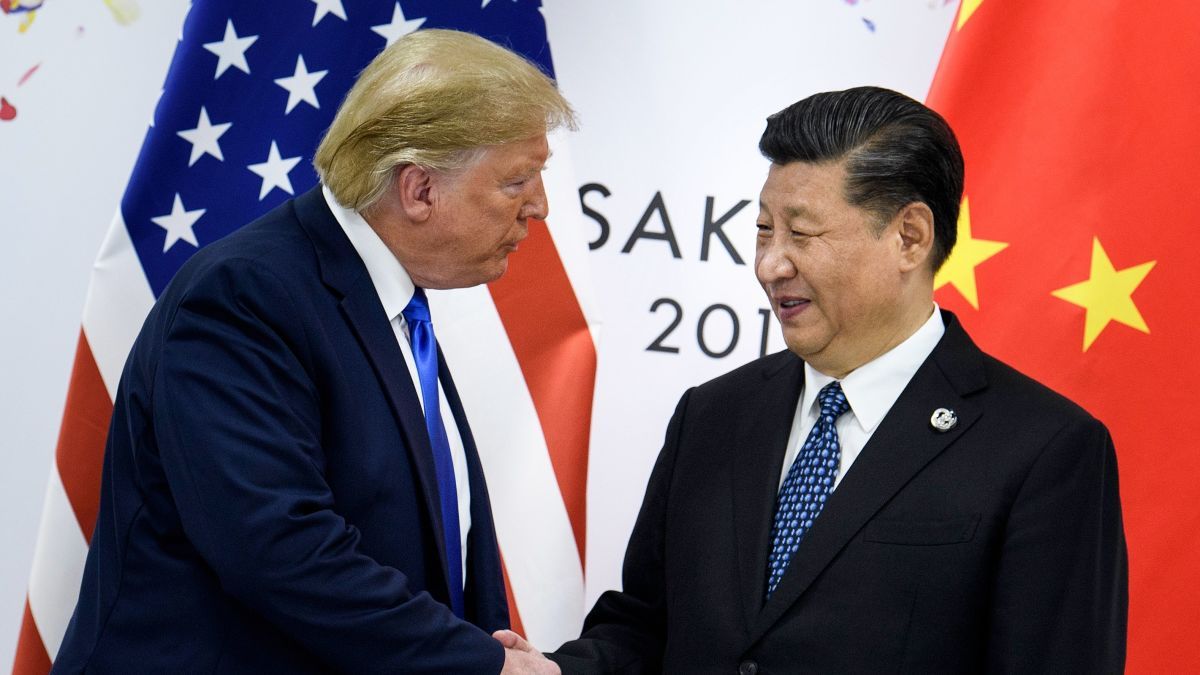US removes currency manipulator status label from China amid trade progress

A few minutes every morning is all you need.
Stay up to date on the world's Headlines and Human Stories. It's fun, it's factual, it's fluff-free.
The United States has agreed to remove China from its internal designation as a currency manipulator ahead of the phase-one signing of a new trade deal between the two countries expected on Wednesday, January 15. While the details of the agreement are still unclear, China has reportedly agreed to crack down on the use of stolen or forced technology transfers to Chinese firms.
In the past, Chinese companies have been criticized for demanding that foreign companies hand over the full details of their products, including technological specs, as the price for doing business with them.
Some US firms claimed the practice essentially transferred American ingenuity, and years worth of hard work, to the Chinese in order to gain market access.
According to a US trade representative document, however, China has agreed to end this practice.
The United States, for its part, has agreed to a “dramatic expansion of US food, agriculture and seafood product exports,” which should further buttress China’s ever-expanding middle class.
Currency manipulation?
Six months ago, the United States officially labeled China as a currency manipulator on its semi-annual currency report. This was the first time since 1994 that the United States had used the label, in response to China letting the value of its currency fall in international markets.
In assisting to make Chinese goods more attractive to international buyers, the United States claimed this was done on purpose in order to gain an economic advantage over other countries’ goods. Economists agree that China has indeed manipulated its currency over a long period of time, especially from 2003 – 2013, and that the most recent label was placed in order to put pressure on Beijing during trade talks.
More negotiations needed
According to Clete Williams, a former trade negotiator for the Trump administration, the deal is not comprehensive. “This is an attempt to work together and solve problems. It’s not everything the US set out to do,” he says.
A similar sentiment is echoed in Beijing. In a post by Taoron Notes, a blog affiliated with the state-run newspaper Economic Daily, there is still much work to be done. “We need to bear in mind that the trade war is not over yet. The US hasn’t removed all the tariffs on Chinese imports and China is still imposing its retaliatory duties.”
Nevertheless, markets reacted positively to the news. In response, the Nasdaq and S&P 500, two leading stock indices, reached all-time highs on Wall Street.
Have a tip or story? Get in touch with our reporters at tips@themilsource.com




Comments ()